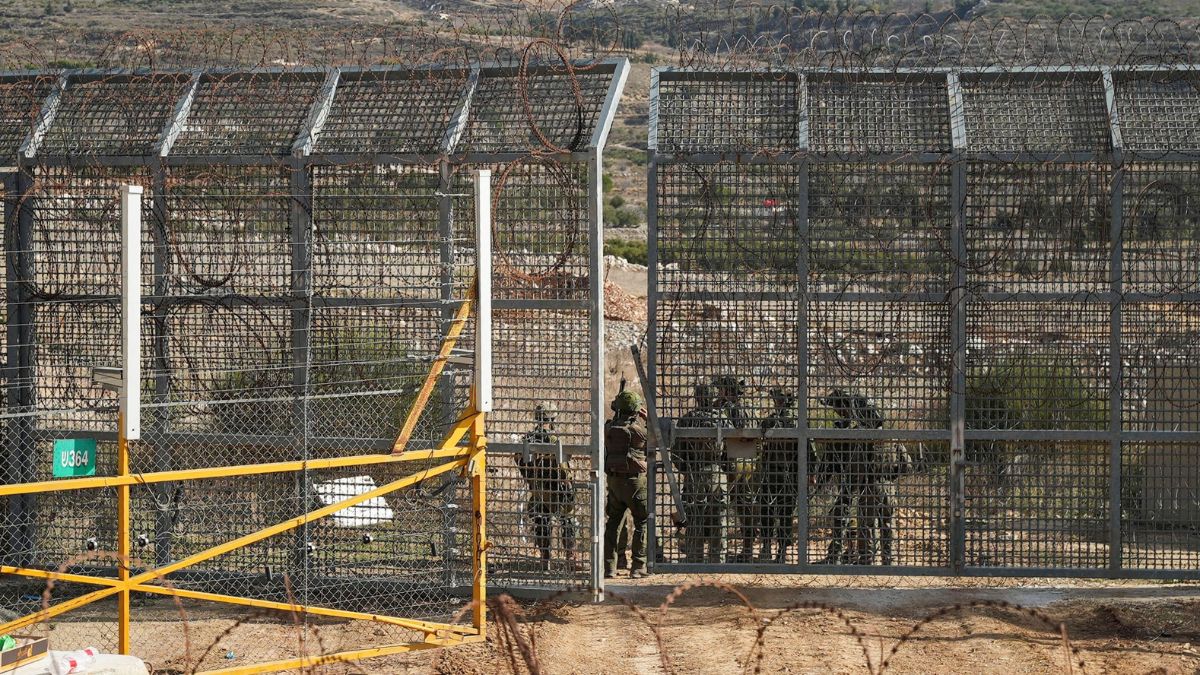Over the span of 48 hours, Israel carried out over 350 airstrikes on Syria, destroying vast swaths of the country’s military capabilities.
The attacks come in the wake of the overthrow of Syrian President Bashar al-Assad by rebel factions.
Israeli officials claim their actions are a defensive measure to prevent advanced weaponry and military infrastructure from falling into the hands of extremist groups.
Targets included air-defence systems, fighter jets, missile depots, weapons production sites, and other military assets. According to Israeli military sources, these operations were aimed at dismantling Syria’s strategic weapons stockpiles.
“We have no intention to meddle in Syria’s internal affairs, but we certainly intend to do whatever is needed to guarantee our security,” stated Israeli Prime Minister Benjamin Netanyahu on Tuesday.
He added that the airstrikes aimed to ensure that advanced weapons would not be used by extremist factions like Hayat Tahrir al-Sham (HTS), a group with historical ties to Al Qaeda.
The airstrikes also heavily targeted Syria’s naval capabilities. Israeli missile ships struck naval facilities in Al-Bayda and Latakia ports, reportedly sinking multiple vessels. Defence Minister Israel Katz declared on Tuesday that Israel had successfully completed “the destruction of the Syrian Navy.”
How is Israel involved in Syria?
For the first time in 50 years, Israeli forces entered the demilitarised buffer zone in the Golan Heights, a region established after the 1973 Middle East war. This area, previously patrolled by United Nations forces, spans 155 square miles and borders Syrian-controlled territory.
While Israeli officials stated that their incursion was a “limited and temporary” measure, the move has drawn significant international condemnation.
Netanyahu justified the ground operations, stating that the 1974 agreement had collapsed because Syrian troops protecting the buffer zone abandoned their posts. Israeli officials described the buffer zone operation as essential to creating a “defence zone free of weapons and terror threats in southern Syria.”
How did regional stakeholders react to this move by Israel?
Israel’s aggressive actions have sparked widespread condemnation from regional powers and international bodies. Egypt called the incursion a violation of international law, accusing Israel of exploiting Syria’s instability.
Turkey, a key backer of Syrian opposition forces, accused Israel of acting as an occupier. The United Nations also expressed concern, with spokesperson Stéphane Dujarric highlighting that Israel’s actions breached the 1974 disengagement agreement.
“This needs to stop,” said Geir Pedersen, the UN’s special envoy for Syria. He warned that military actions from external actors could derail efforts to achieve a peaceful transition in Syria.
Other global leaders echoed these concerns, urging restraint to avoid further destabilisation of the region.
How have Israel’s moves impacted Syria?
The airstrikes and ground incursions have significantly weakened Syria’s military infrastructure, leaving the country vulnerable during its political transition.
Mohammed al-Bashir, the head of the transitional cabinet established by the rebel factions, acknowledged the challenges ahead. The transitional period will last until March, al-Bashir has said, outlining plans for Syria’s new governance.
Despite assurances from Israeli military officials, some observers fear that the buffer zone operation could signal deeper territorial ambitions.
“Reports circulating about Israeli tanks advancing toward Damascus are false,” said Lt. Col. Nadav Shoshani, an Israeli spokeserson. He clarified that Israeli forces remained within the buffer zone and “several other places necessary for its defence”
What is Israel hoping to gain out of this?
Israel’s operations extend beyond immediate security concerns. By targeting Iranian-linked infrastructure and Hezbollah supply lines, Israel aims to prevent the resurgence of adversarial forces in the region.
Netanyahu warned Syria’s new government against allowing Iran to use Syrian territory for military purposes, stating, “If this regime allows Iran to reestablish itself in Syria, we will respond forcefully and exact a heavy price.”
Analysts note that the strikes also serve as a demonstration of Israel’s military capabilities.
While the airstrikes and ground operations aim to neutralise potential threats, they have also drawn intense scrutiny and criticism.
Also Read | From desert rose to Syria’s Lady Macbeth: Who really is Asma al-Assad, Bashar al-Assad’s wife?
With inputs from agencies


)
)
)
)
)
)
)
)
)



